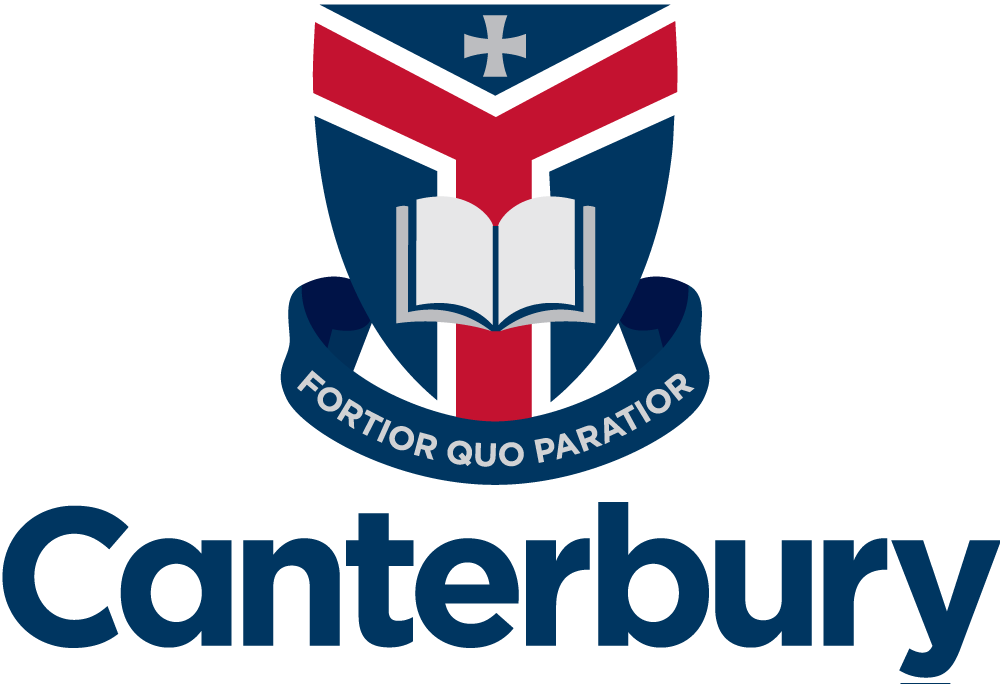Spelling Mastery Program | Our Years 3-6 Research & Evidence-Based Direct Instruction Literacy Approach
My name is Christina Jasem – Head of Literacy Development at Canterbury College, and it’s my pleasure to give you a look into our new spelling program: Spelling Mastery.
Here at Canterbury, we are excited to continue the implementation of our literacy vision of using evidence-based approaches to teaching literacy.
We know that students who are competent spellers also succeed in other areas of literacy and learning.
To this end, Spelling Mastery is a great fit for our school.
Spelling Mastery is a research-based program that uses the Direct Instruction Approach to enable teachers to deliver highly interactive, structured lessons that help students learn dependable spelling skills.
Direct Instruction is a teaching method and instructional approach that emphasises clear and explicit teaching of skills and concepts.
Spelling Mastery maximises student learning through fully planned and structured lessons that are carefully delivered to students, breaking down complex concepts into smaller, manageable steps.
Direct Instruction methods are efficient and effective.
Students are taught the strategies, spelling rules and patterns they need to know to be successful spellers.
The Spelling Mastery program uses three main approaches to make learning to spell easier.
The first of these is the phonemic approach in which students are explicitly taught the relationship between spoken sounds and written letters, with direct application to the spelling of words.
The second is the morphemic approach.
Students are taught about word morphemes, that is, the smallest unit of meaning or grammatical function in words.
Teaching the meaning of prefixes, base words and suffixes, allows students to not only spell multisyllabic words, but also to see connections of meaning between other words with the same prefix or suffix.
The last approach is the whole-word approach.
This teaches students about etymology – where words originate from and how spelling patterns in English were influenced by this, a particularly important skill when learning words that include irregular spelling patterns.
This year, all students in Years 3-6 are participating in Spelling Mastery lessons three times per week.
Students have completed their Spelling Mastery placement test, and have already been placed into a group that meets their current spelling needs.
It’s wonderful to see students in different year levels working together and supporting each other.
Current skill sets aren’t compared to others.
And because students are working in a class that meets their needs, they experience success at every step of the way.
In the words of Arthur Chickering and Stephen Ehrmann, learning is not a spectator sport.
The teaching methods used in Spelling Mastery ensure that all students are contributing, learning, and demonstrating their understanding multiple times during a session.
When you walk into a Spelling Mastery class, you will see 100% engagement.
In each session, students practice their knowledge of word structure and word meanings.
Having an automatic recall of these skills will empower students to be creative, analytical, and expressive writers across all learning areas.
We believe that the introduction of Spelling Mastery will greatly enhance our student’s learning experience and contribute to their academic success.

